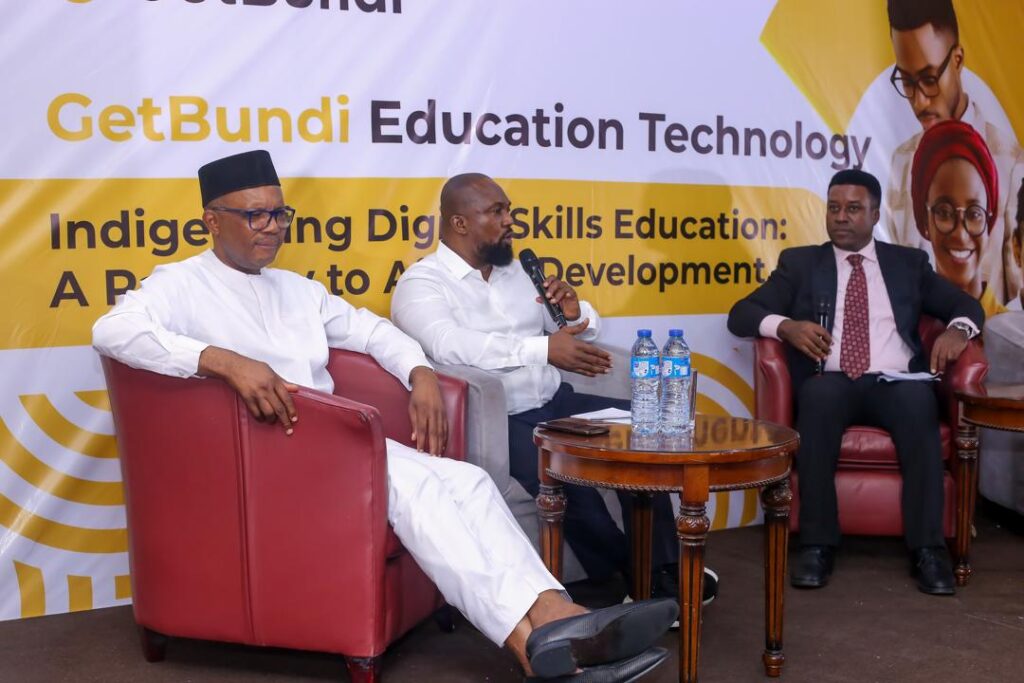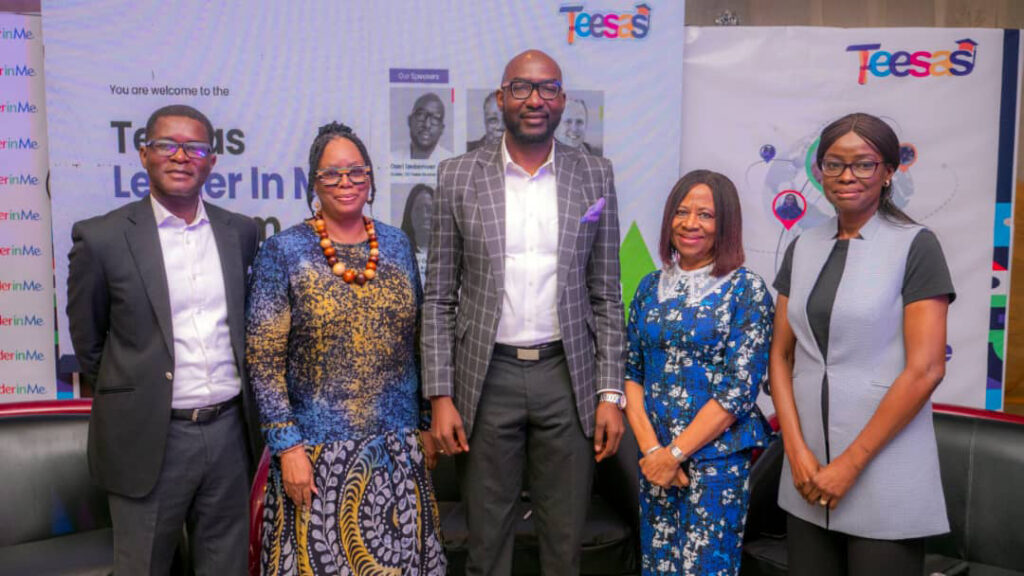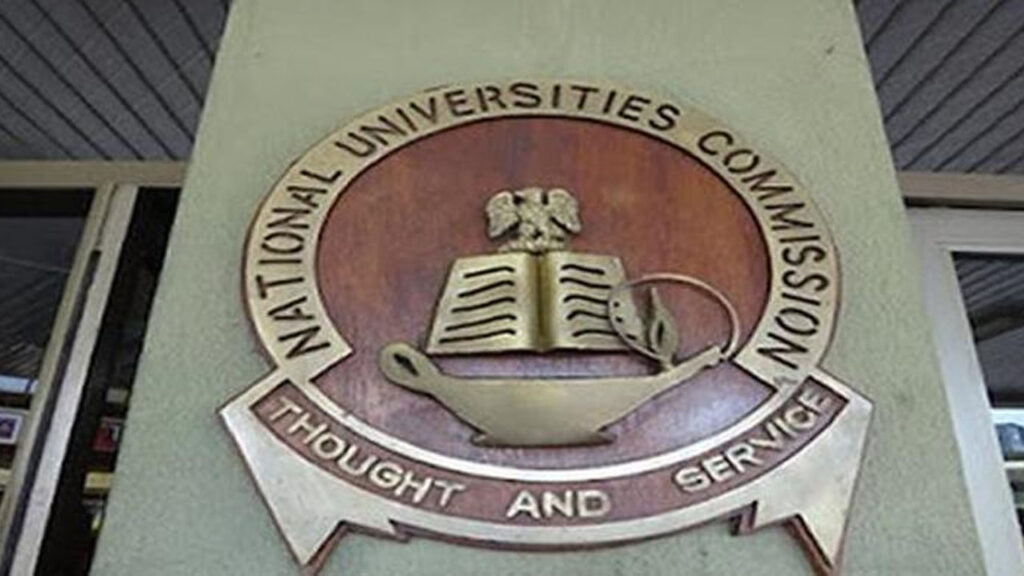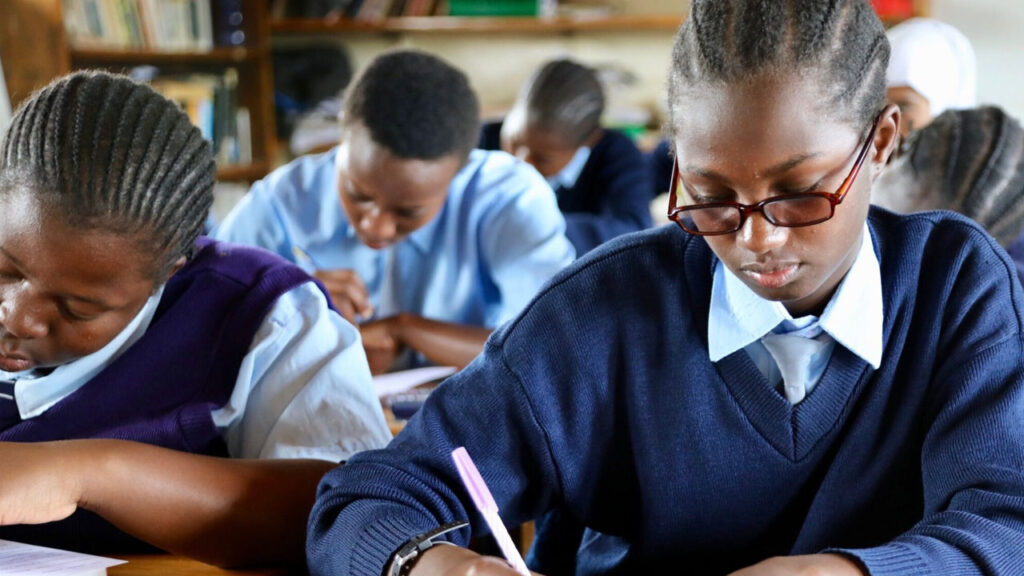
Nigeria’s youth bulge is a demographic powerhouse. But are our secondary schools preparing them to harness it? The current system often graduates students into a frustrating limbo – qualified but lacking the industry-specific skills for the jobs of tomorrow. It is time to bridge this gap, not with incremental steps, but with a technological leapfrog. The reality is stark. Many graduates chase government jobs, a limited pool with fierce competition.
In Nigeria, the transition from secondary education to gainful employment has often been marked by hurdles and inequalities. However, in today’s rapidly evolving world, the traditional pathways are no longer sufficient to prepare students for the complexities of the modern job market.
It is time for a paradigm shift – one that leverages technology to bridge the gap between education and industry, empowering students to become the architects of their own future.
Secondary education serves as the foundation upon which future careers are built.
Yet, too often, this foundation lacks the necessary tools and resources to equip students with the skills demanded by today’s industries. This is where technology steps in as a transformative force, offering unprecedented opportunities to revolutionise the educational landscape.
By integrating technology into every aspect of secondary education, we can unlock a wealth of possibilities for students to acquire relevant skills and knowledge. From coding and digital literacy to project-based learning and virtual simulations, technology enables educators to create dynamic learning environments that mirror the realities of the modern workplace.
Imagine a classroom where students collaborate on virtual projects with peers from around the world, gaining invaluable insights into cross-cultural communication and teamwork. Picture a curriculum infused with experiential learning opportunities, where students can explore their passions and interests through interactive online modules and simulations. This is the future of education – immersive, engaging, and tailored to the needs of each individual learner.
However, bridging the gap between education and industry goes beyond simply incorporating technology into the curriculum. It requires a fundamental shift in mindset – one that encourages entrepreneurship, innovation, and critical thinking. Rather than relying solely on the government to create jobs, students must be empowered to become job creators themselves, leveraging their skills and talents to address local realities and contribute to economic growth.
This shift begins within the walls of secondary schools, where students are encouraged to think outside the box and pursue their entrepreneurial aspirations.
Whether through mentorship programs with industry professionals, entrepreneurship clubs, or project-based learning initiatives, schools can cultivate an ecosystem of innovation that prepares students to thrive in the ever-changing landscape of the global economy. It is not just about learning to use technology; it is about harnessing its power to innovate and create.
Moreover, technology serves as a democratizing force, breaking down barriers to entry and opening doors to new opportunities for students from all walks of life. With access to online learning platforms, remote internships, and virtual mentorship programs, students in even the most remote corners of Nigeria can connect with experts and resources from around the world, thereby levelling the playing field and empowering themselves to compete on a global scale.
This isn’t science fiction; it is the future we can build as technology bridges the knowledge gap. Gone are the days of textbooks only. Students can access the latest industry trends, learn directly from global experts through online lectures, and collaborate with peers across the continent. This creates a dynamic learning environment that mirrors the fast-paced, interconnected world they’ll eventually enter.
But technology is just a tool. We need teachers who can impact not only effectively. Training and upskilling educators in tech-based pedagogies is crucial. Let them become facilitators, guiding students through collaborative projects and igniting their problem-solving skills.
Indeed, the future belongs to those who can create it, not just navigate it. Let’s transform our secondary schools and empower our youth to build their own destinies.
Moreover, by leveraging technology, we can overcome the limitations of traditional employment models. Remote work, freelance platforms, and digital marketplaces offer avenues for economic empowerment that transcend geographical boundaries. Secondary schools must prepare students to thrive in this digital economy, where innovation and adaptability are prized above everything else.
Of course, none of this is possible without collaboration. Schools, government, industry, and communities must come together to build an ecosystem that nurtures talent and fosters innovation. Public-private partnerships can provide the resources and expertise needed to drive meaningful change, while grassroots initiatives can ensure that no student is left behind.
The future of secondary education lies at the intersection of technology and entrepreneurship. By embracing digital innovation, schools can bridge the gap between education and industry, thereby empowering students to become the architects of their own future. This is not a task for the faint-hearted, but with determination, collaboration, and focus; we can build a future workforce that is not just prepared for the challenges ahead, but committed to seize the opportunities that abound.
• Professor Olaniran, Proprietor of Jire Olaniran College, Ibadan, is a renowned climatologist and educational leader in Nigeria..












